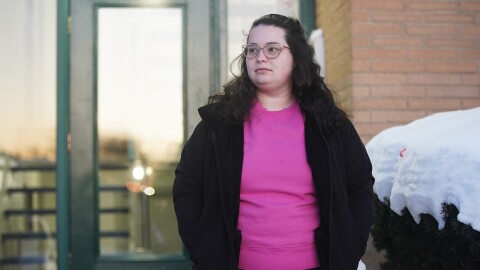Ohio State University's Wexner Medical Center is one of four regional centers affected by the Trump administration's decision to shut down a landmark federal project on women's health.
Wexner Medical Center spokeswoman Marti Leitch said Thursday that the hospital's $5.1 million contract with the Women's Health Initiative ends in September. Leitch said the cut affects four positions.
The hospital's research with the project included analyzing data from 10,000 women.
Some of the work included studying cancer survivors, chronic disease management for older women and cognitive decline predictors.
"We are reviewing and managing this federal notification that will impact our work," Leitch said in an emailed statement.
"We are grateful for the research support we receive from our federal partners as these investments in medical and health research literally save lives here in Ohio and beyond," Leitch said.
The hospital would not provide anyone for interviews.
The study began in the 1990s and has produced groundbreaking discoveries involving the health of older women.
That includes recognizing that taking hormones starting in menopause does not protect a woman's heart, which had been the medical dogma for years. Later findings supported the use of hormones to ease symptoms of menopause.
The initiative also provided findings about whether taking vitamins like vitamin D and calcium can decrease the risk for osteoporosis and cancer. The study found no benefit.
The Department of Health and Human Services is terminating contracts with all four regional centers.
Ohio State and the other coordinating centers will stop collecting data from more than 40,000 women who are still in the study.





